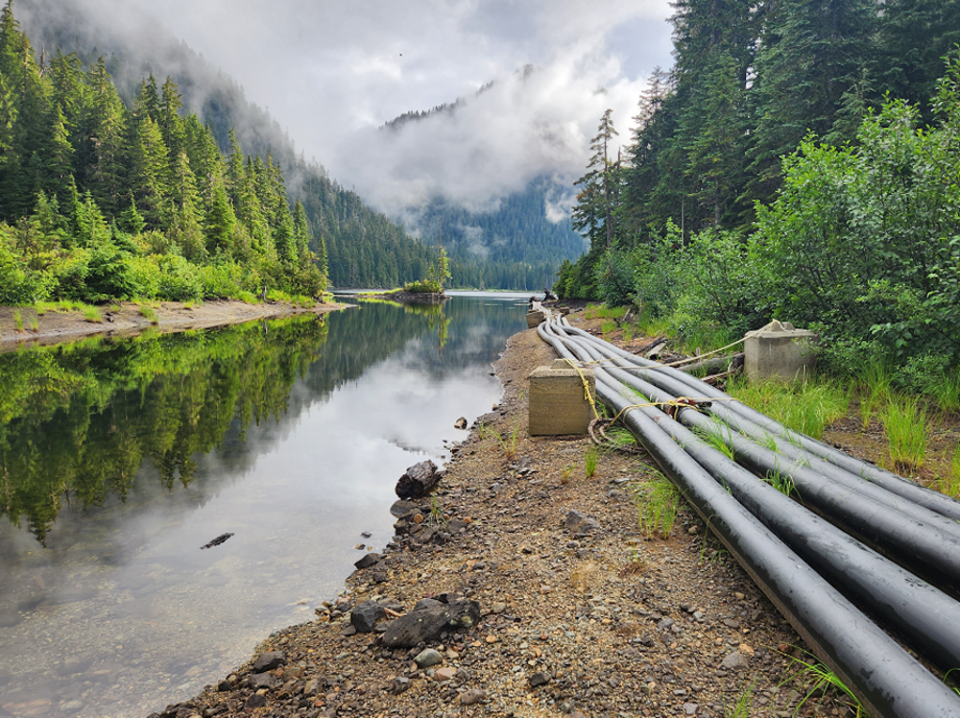Knowing your water usage needs to become as important as awareness of how much fuel remains in your vehicle or data is used by your cellphone. That call to increase “literacy” about regional water was a key message shared during an Aug.16 commercial sector information session on the state of the Sunshine Coast Regional District’s (SCRD) water systems. With current usage data in mind, water clients who operate businesses were asked to incorporate efficiencies in its use and to promote water conservation at every opportunity.
The 15 attendees who engaged in the online briefing included multiple SCRD directors and staff, along with representatives of the session’s hosts, the Sunshine Coast Regional Economic Development Organization (SCREDO) and Sunshine Coast Tourism (SCT). To help ensure the information shared is available to the wider community, a recording of the session will be posted to scrd.ca.
Discussions focused on the Chapman Water System, which according to staff at the session serves the majority of the SCRD’s commercial users. After sharing updates on that system’s current conditions talks shifted to steps those users can take to prepare for what staff projected could be a move to Stage 4 water restrictions “sometime in September."
That change, it was noted, depends on how weather conditions, which cannot be controlled, impact system supplies and water demand levels. That second factor is where local actions can have the greatest influence on retaining water for essential community uses throughout the late summer and fall, according to SCRD staff.
How commercial water users can help conserve
Review of water usage via water bills or account details available from the regional district is the recommended starting point. Once aware of their baseline use level, businesses are encouraged to look for water savings wherever possible, through changes to attitudes as well as equipment and practices. Post-adjustment re-checks on water use were suggested, as was follow-up communication with employees, clientele, other businesses and the community at large on efforts made and results achieved.
SCT’s representative Annie Wise shared online links to that organization’s and Destination BC’s water conservation awareness campaigns and noted that printed materials are available to local businesses at the Sechelt and Gibsons Visitors Information Centres.
SCRD staff noted that while the regional district’s initial push is to request voluntary water use restrictions from all users, bylaw changes have provided new tools for management of water supply at Stage 4, including the ability to ban certain non-essential commercial uses. It was noted that those clients would be notified by letter about two weeks in advance of the anticipated call of Stage 4 and staff agreed to discuss options to get that information to those users earlier.
Is there an "up" side?
The need to change water use behaviours was viewed as an opportunity and a challenge by SCREDO’s executive director Colin Stansfield. That shift strengthens markets for conservation-related businesses and products, he noted. It is also a chance for area businesses to showcase water use reduction creativity and ingenuity.
That is already happening for the regional district. SCRD staff stated that other local governments have reached out to them for advice on how to keep information and water flowing during another season of extended drought conditions for many areas. In his session opening remarks, Stansfield cited the discussions as partially “a bummer”, pointing to a level of fatigue in the community on water restriction-related issues. He stressed that the local business sector can be community leaders and a “calming voice of reason” as Coasters adjust to new realities related to water and how it is used.



